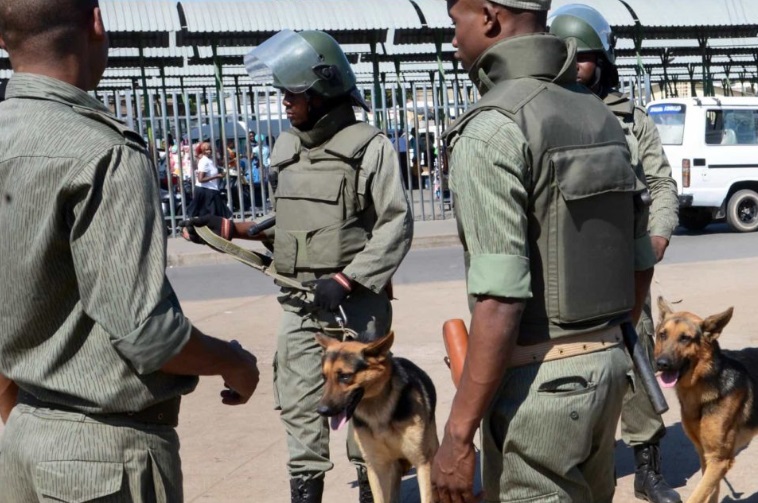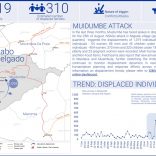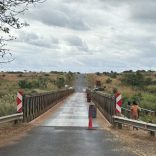Mozambique: Over 1,300 displaced by August 25 attack in Muidumbe
SERNIC wants less bureaucracy to tackle “extraordinary” mobility of criminal groups – Savana

File photo: Savana
Members of the staff of the Attorney General’s Office (PGR) and the National Criminal Investigation Service (SERNIC) have been meeting since yesterday to try to join their efforts and create synergies for an effective and fruitful fight against organised crime, particularly regarding cross-border crime, terrorist financing, money laundering, kidnapping and cyber-crime.
SERNIC is a Public Prosecution Service support body subordinate to the Interior Ministry.
SERNIC, in the voice of its managing director, Domingos Jofane, was emphasising the need to implement legal changes to ensure a faster investigative response to criminal actions, finding the local investigation system too bureaucratic to match what it has called the “extraordinary” mobility of criminal groups.
Jofane said it was important to move to a place where the institution could talk about legal adaptation and making investigation “fast and de-bureaucratised”.
“In order to deal more effectively and efficiently with nationally scattered criminal groups, sometimes with transnational ties, often endowed with high communication skills, extraordinary means and mobility, it is essential that our actions are structurally articulated and less bureaucratic,” Jofane said, admitting that criminals are, from a resource point of view, faster than those with a constitutional duty to fight crime.
Jofane called for the reinforcement of SERNIC’s institutional capacity in the human, material, technical and tactical resources allocated to investigation to match that of the criminals. The same is true for the collection of evidence in criminal proceedings consistent with the current dynamics of typologies and modus operandi of the criminological phenomenon.
In order to demonstrate that the complaint and the suggested solution made sense, the SERNIC leader gave as an example the need for judicial authorisation to listen in on communications. The time needed to obtain such authorisation, he said, calls into question the possibility of fully clarifying criminal cases.
“Suffice it to say that, in order to successfully pursue and combat terrorist financing, money laundering, cybercrimes, kidnappings, drug trafficking, trafficking in humans and other crimes, there are times when we must resort to the breach of communications confidentiality,” he noted, advocating legal developments and the adoption of faster and more effective investigative alternatives which nevertheless respect the fundamental freedoms of citizens.
Should this not happen, he warned, investigations would always be at a disadvantage, rendering Mozambique fertile ground for organised crime with all its consequences.
Asset Recovery Act
Also considering the matter of constraints, Attorney General of the Republic Beatriz Buchili complained once again about the so-called asset recovery law, because for her, “its absence remains a factor in combatting this type of crime”.
Buchili said that, at present, there is only one multidisciplinary team in charge of asset investigations and responsible for identifying, locating and seizing crime-related assets. “This is a reality that is not sufficient because it sometimes faces constraints on the management and maintenance of these assets while cases are under way.”












Leave a Reply
Be the First to Comment!
You must be logged in to post a comment.
You must be logged in to post a comment.